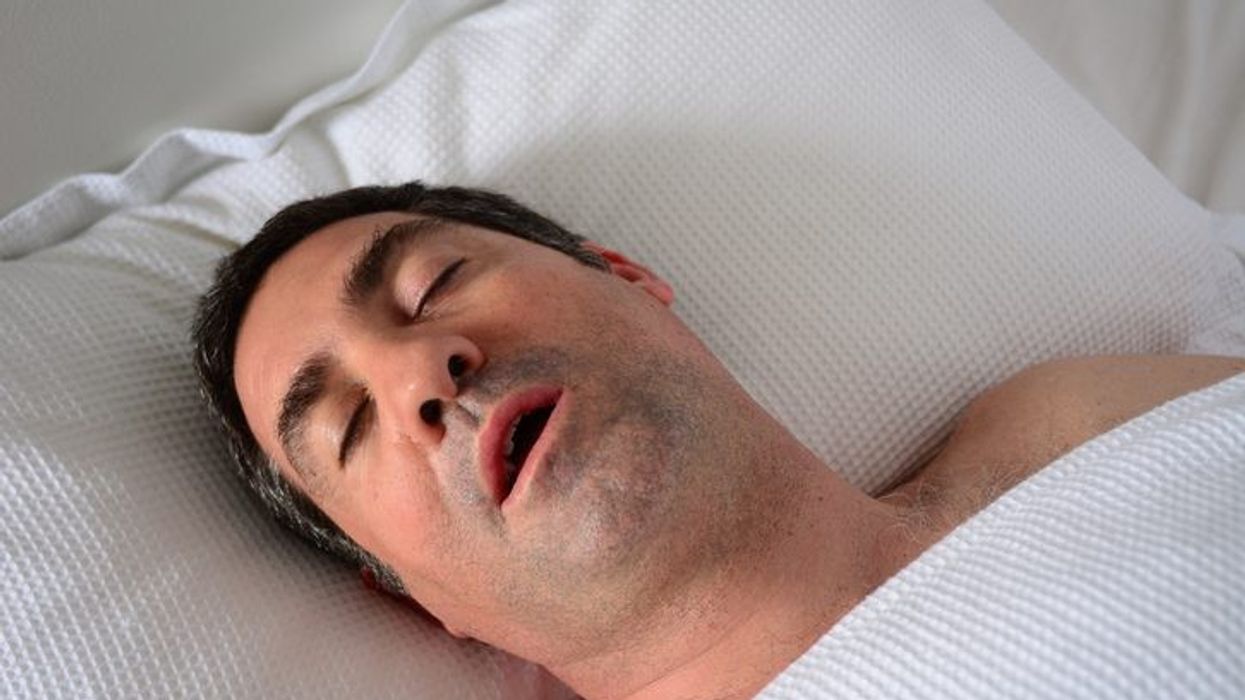A recent international study led by King's College London has revealed that obstructive sleep apnea (OSA) can lead to early cognitive decline in middle-aged men, even in those who are otherwise healthy and not obese.
The study, published in the journal Frontiers in Sleep, involved a group of 27 men between the ages of 35 and 70 who were newly diagnosed with mild to severe OSA but did not have any co-morbidities.
This patient cohort was rare for study purposes since individuals with OSA typically have co-morbidities such as cardiovascular and metabolic disease, stroke, diabetes, chronic systemic inflammation, or depression.
The study found that men with OSA exhibited poorer executive functioning and visuospatial memory, as well as deficits in vigilance, sustained attention, psychomotor function, and impulse control.
Ivana Rosenzweig, a neuropsychiatrist at King's College London and lead researcher of the study, stated that "most of these deficits had previously been attributed to co-morbidities."
The study, which utilised the CANTAB (Cambridge Neuropsychological Test Automated Battery) of tests to assess cognitive function, also revealed that OSA can cause significant impairments in social cognition - a finding that had not been demonstrated previously.
Rosenzweig noted that this was the first study to show such deficits.
According to the authors, the most significant cognitive deficits in men with OSA were observed in tests measuring simultaneous visual matching ability, short-term visual recognition memory, executive functioning, cued attentional set shifting, vigilance, psychomotor functioning, social cognition, and emotion recognition.
The study suggests that OSA alone can cause these deficits, which were previously attributed to common co-morbidities such as systemic hypertension, cardiovascular and metabolic diseases, and type 2 diabetes.
The male participants were non-smokers, non-alcohol abusers, and had a body mass index (BMI) under 30.
The researchers used a group of seven men without OSA as controls and confirmed OSA diagnosis in the patient group using the WatchPAT test and video-polysomnography.
WatchPAT is a diagnostic tool that measures several signals, including the peripheral arterial signal (PAT), heart rate, oximetry, actigraphy, body position, snoring, and chest motion via three contact points.
However, scientists stated that the exact mechanism that causes cognitive deficits in OSA patients is unclear.
The authors speculated that the deficits may be due to intermittent low oxygen and high carbon dioxide levels, changes in blood flow to the brain, sleep fragmentation, and neuroinflammation.
OSA occurs when throat muscles relax and block airflow during sleep, causing repeated breathing interruptions.
Typical indications of OSA include disrupted sleep, loud snoring, excessive daytime sleepiness, and persistent morning headaches. Common risk factors for OSA include being middle-aged or older, obesity, smoking, chronic nasal congestion, high blood pressure, and male gender.
(With inputs from PTI)




